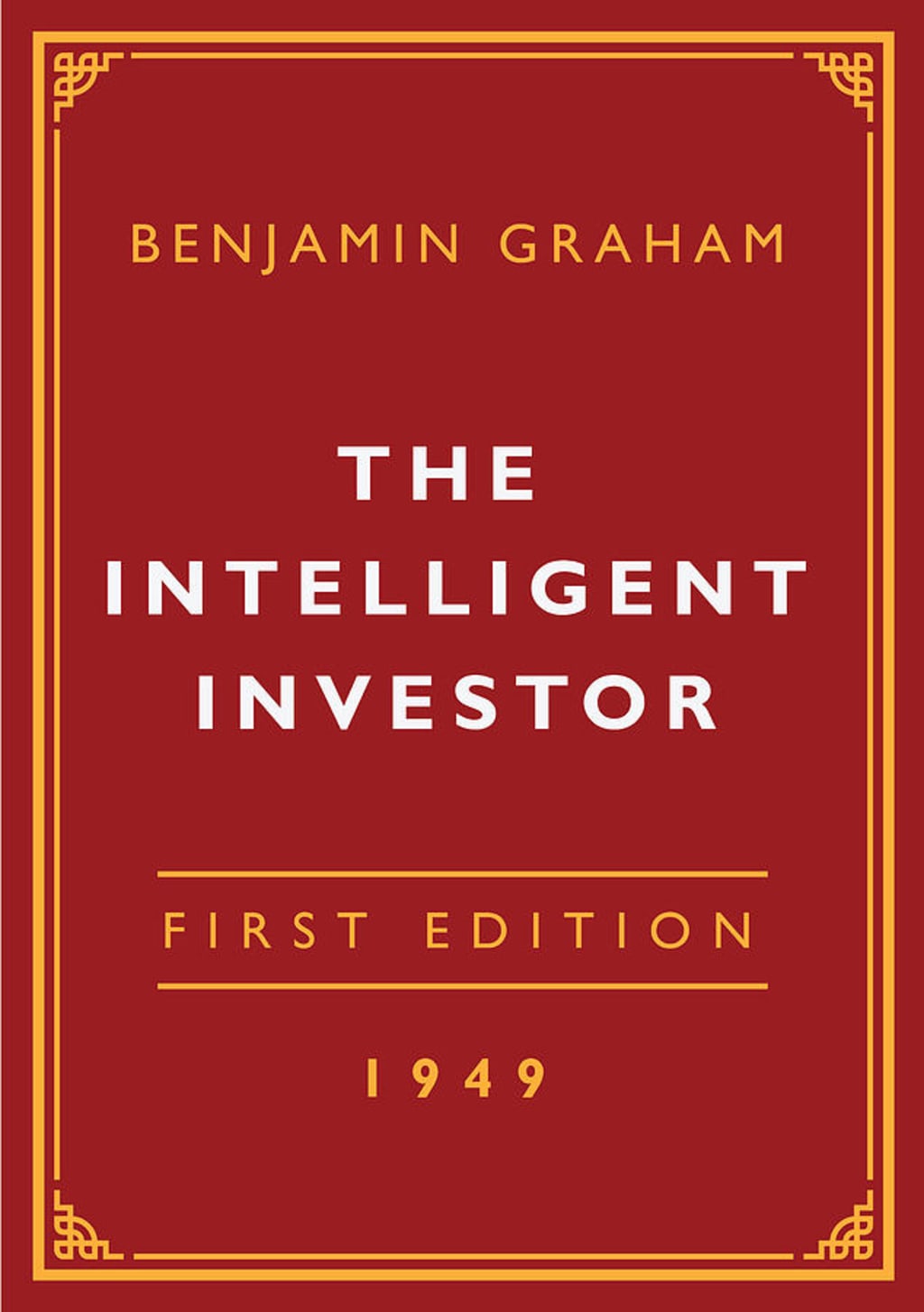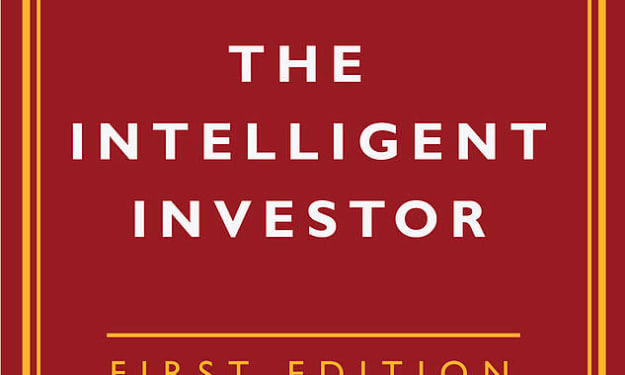
In chapter 7 titled “The Stock Market: Its Role and Its Limitations (Continued)” further delves into the intricacies of the stock market and the limitations investors should be aware of. One key lesson from this chapter is that the stock market is not always rational and can be influenced by emotions and speculation. An example of this can be seen in the dot-com bubble of the late 1990s, where technology stocks were heavily overvalued due to irrational exuberance and speculation, ultimately leading to a market crash.
Another key lesson from chapter 7 is that the stock market can be affected by insider trading and manipulation. This can be seen in the case of Enron, where insider trading and accounting fraud led to the collapse of the company and significant losses for investors.
Additionally, chapter 7 highlights the potential for market bubbles and crashes, as well as the impact of government policies and regulations on the stock market. The 2008 financial crisis serves as a prime example of a market crash caused by a bubble in the housing market and lax regulations.
It’s also stated that the stock market is not always predictable and investors should be prepared for potential losses. A good example of this would be the GameStop short squeeze, where individual investors on Reddit used social media to drive up the price of the struggling video game retailer, causing hedge funds to lose billions in the process.
In chapter 8, “Stock Selection for the Defensive Investor,” the focus shifts to strategies for selecting stocks as a defensive investor. One key lesson from this chapter is that defensive investors should focus on companies with a long history of consistent profits and dividend payments. An example of this would be a company like Procter & Gamble, which has a history of consistent profits and has paid dividends for over 125 years.
Additionally, chapter 8 emphasizes the importance of analyzing financial statements, particularly balance sheets, to assess a company’s financial health. This can be seen in the case of General Electric, where a closer examination of the company’s financial statements revealed significant financial troubles, leading to a decline in the company’s stock price.
Furthermore, chapter 8 advises defensive investors to focus on companies that have a strong market position, a consistent earnings record, and a satisfactory dividend record while avoiding companies that have a weak market position, a poor earnings record, or a poor dividend record. A good example of this would be comparing a company like Apple with a company like BlackBerry, where Apple is a strong company with a consistent earnings record, while BlackBerry struggled to stay relevant in the smartphone market.
Chapter 9, “Stock Selection for the Enterprising Investor,” provides guidance on strategies for selecting stocks as an enterprising investor. One key lesson from this chapter is that enterprising investors should focus on companies that are undervalued or under-followed by the market. An example of this would be a company like Amazon in the early days of its establishment, where the company’s potential for growth was not fully recognized by the market, leading to an undervaluation of the stock.
Additionally, chapter 9 advises enterprising investors to analyze a company’s management, products, and competition when analyzing a stock. A good example of this would be Tesla, where a closer examination of the company’s management, products and competition in the electric vehicle market led to the recognition of its potential for growth.
Furthermore, chapter 9 advises enterprising investors to look for companies with a strong growth potential, either through new products or new markets. An example of this would be Netflix, which started as a DVD rental-by-mail company, but shifted its focus to streaming video, which led to tremendous growth in the company’s stock price.
About the Creator
RedFate
I am passionate about stoic philosophy, self-improvement, and business. Constantly reading and growing to make a positive impact in the world






Comments
There are no comments for this story
Be the first to respond and start the conversation.